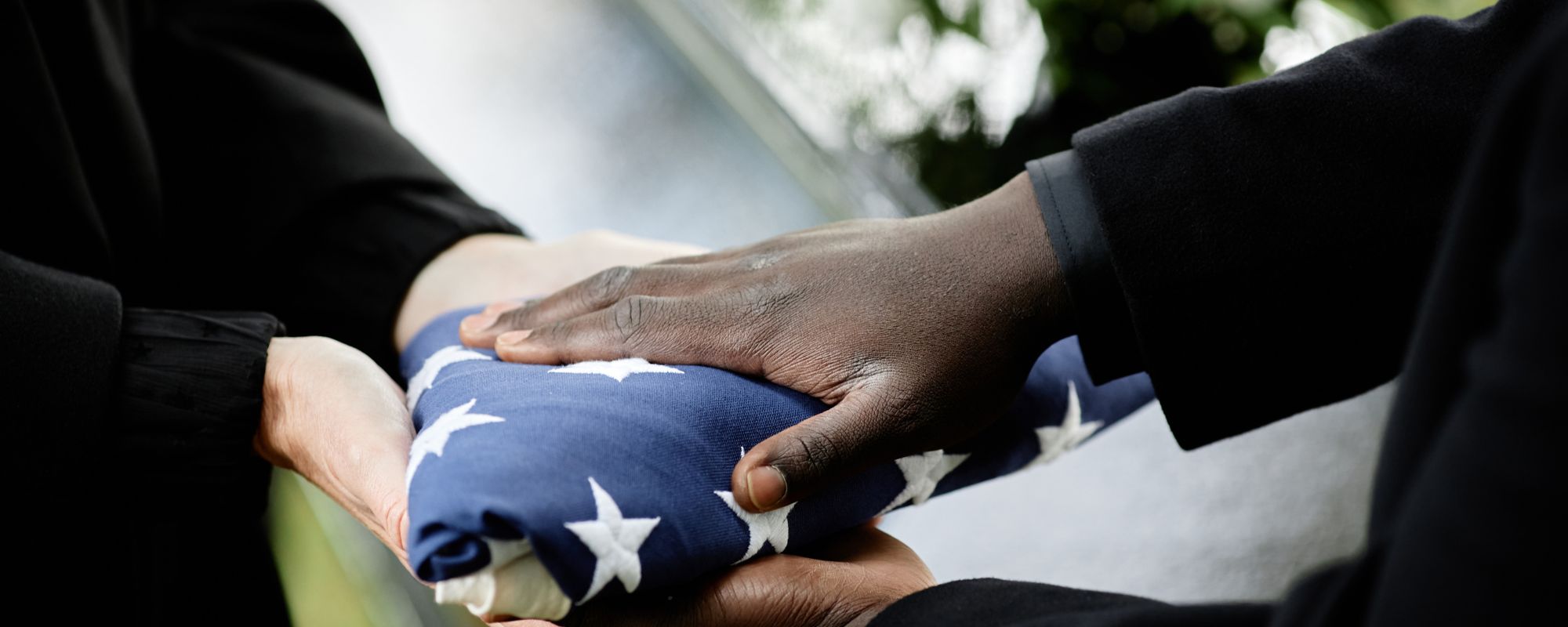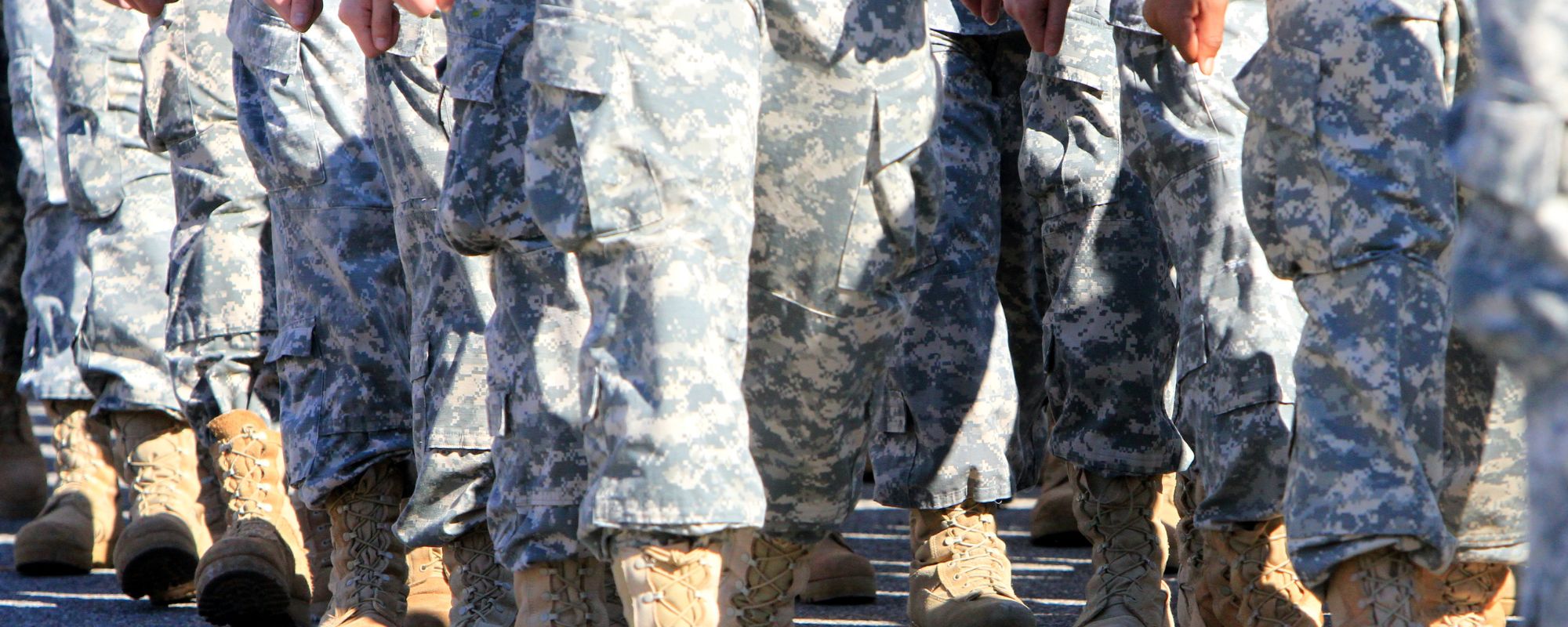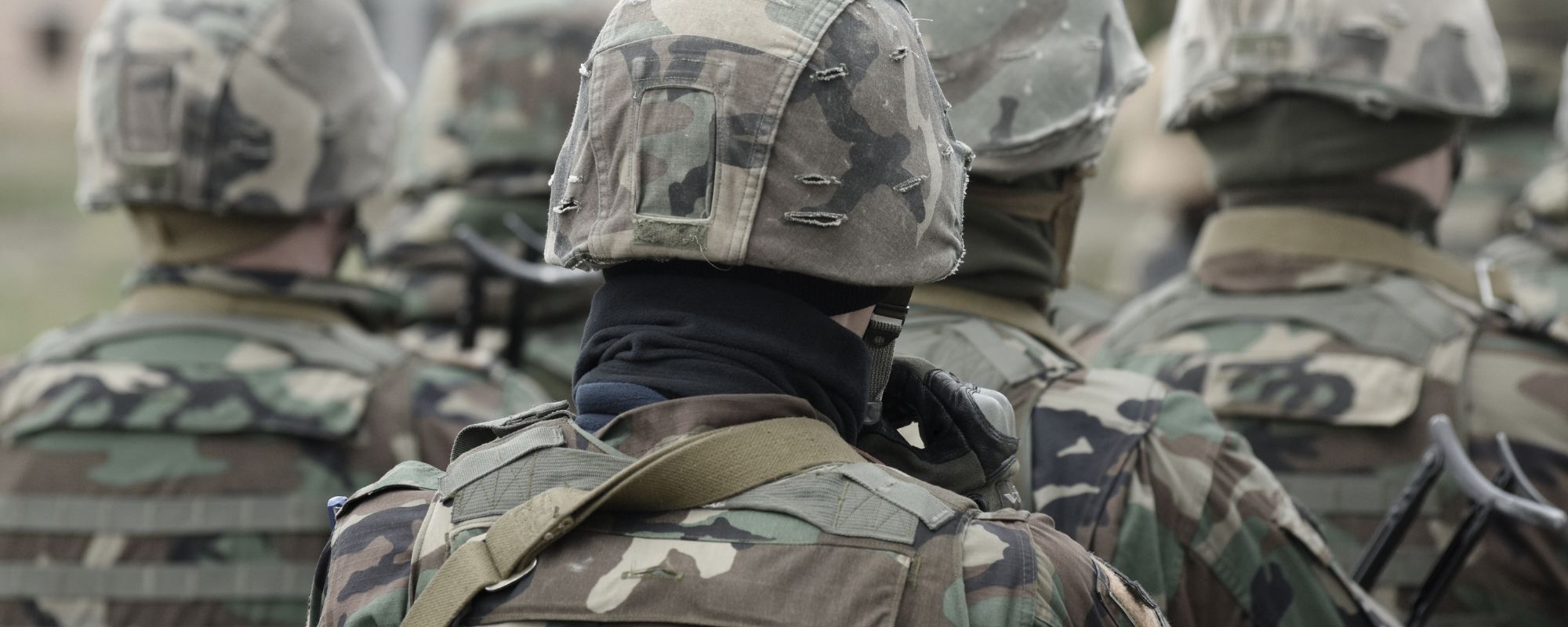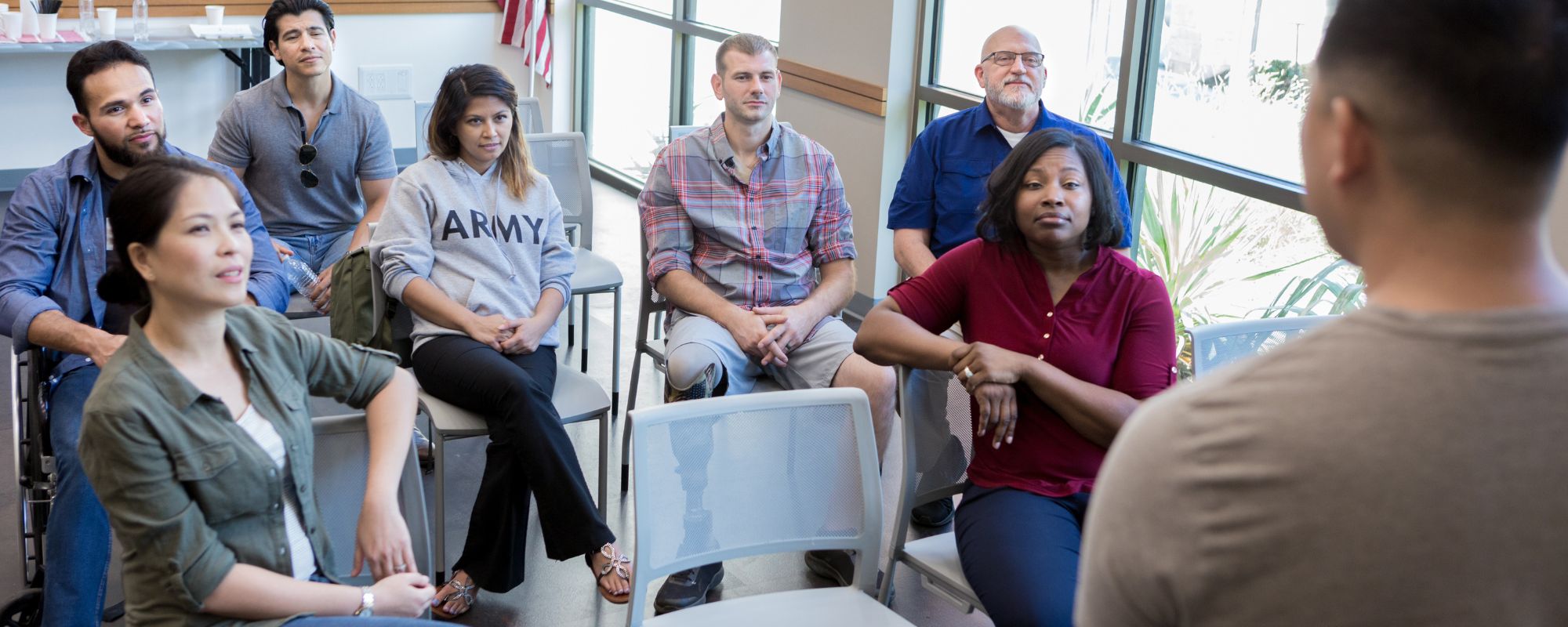For many veterans, grief isn’t just about the loss of a loved one—it can mean the loss of fellow service members, the impact of combat, or the deep wounds of trauma. Veterans often carry grief alongside PTSD, depression, and anxiety, and one of the most common questions that arises is: does grief make you tired?
The short answer is yes. Grief doesn’t just affect emotions—it takes a toll on your body, leaving you drained both mentally and physically. This kind of grief exhaustion is especially intense for veterans, whose nervous systems may already be on high alert due to combat experiences or PTSD.
Why Does Grief Make You Tired?
Grief is a stress response that impacts the mind and body. It often leaves veterans asking why they constantly feel tired or struggle to make it through the day. Some reasons include:
- Disrupted sleep: Grief can trigger nightmares, insomnia, or even a full sleep disorder, especially when connected to trauma.
- Emotional fatigue: Carrying sadness, survivor’s guilt, or trauma memories can leave you mentally drained.
- Physical symptoms: Fatigue, headaches, and body aches are common signs that grief is taking a toll on your physical health.
- Nervous system stress: Grief activates the body’s fight-or-flight response, keeping your body in survival mode and robbing you of rest. When grief lasts for months or years without easing, it may develop into prolonged grief disorder, a condition where the normal grieving process becomes stuck, leading to severe fatigue and difficulties in both mental and physical health.
The Connection Between Grief, PTSD, and Addiction
For veterans, grief often interacts with other challenges such as PTSD or addiction. Together, these can amplify physical symptoms of exhaustion and mental struggles:
- Prolonged grief and PTSD: Combat-related losses can lead to ongoing grief that fuels trauma symptoms like flashbacks and hypervigilance.
- Depression and anxiety: Feeling hopeless or anxious deepens grief-related fatigue.
- Substance use: Alcohol or drugs may be used to numb the pain, but they interfere with sleep, drain energy, and worsen both behavioral health and physical health.
Get confidential help from our addiction and mental health treatment facilities located across the United States. Call to join one of our quality programs today!
Speak With Our Admissions Team
How Attachment Style Impacts the Grieving Process
Every veteran processes grief differently. Attachment style—the way we bond with others—can influence how loss affects us. Veterans with avoidant attachment may shut down emotionally, while those with anxious attachment may feel grief more intensely and struggle with overwhelming grief exhaustion. Understanding your attachment style can help you—and your therapist—navigate the grieving process more effectively.
Healing the Mind and Body Through Therapy
While grief can leave you tired, there are effective ways to restore balance to your mental and physical health. Research-based behavioral therapy approaches are especially helpful for veterans:
- Cognitive Behavioral Therapy (CBT): Helps reframe negative thought patterns that deepen grief and fatigue.
- Dialectical Behavior Therapy (DBT): Offers skills for emotional regulation, mindfulness, and coping with distress.
- Trauma therapy: Allows veterans to process combat-related losses and heal the nervous system.
Working with mental health professionals can provide a structured way to address grief, PTSD, and addiction together.
Practical Steps to Cope with Grief Exhaustion
If grief has left you drained, here are steps that can help:
- Take care of your body: Even light physical activity, such as walking, can improve energy and reduce stress.
- Stay connected to friends and family: Isolation can make grief worse, while support strengthens resilience.
- Rest when you need to: Grief puts a heavy toll on your body—give yourself permission to rest.
- Practice self-compassion: Allowing yourself to feel the emotions of grief is part of healing.
- Seek professional support: Mental health professionals can guide you through the grieving process with compassion and proven strategies.
Looking for quality treatment for substance abuse and mental health that’s also affordable? Aliya Veterans treatment facilities accept most major insurance providers. Get a free insurance benefits check now!
Check Your CoverageFinding Support for Veterans
If you’re a veteran asking yourself, “Does grief make you tired?”—the answer is yes, and it’s not a sign of weakness. Grief affects the whole person—the mind and body—and it takes time, support, and often professional care to recover.
At our veteran’s recovery center, we provide:
- Comprehensive behavioral health treatment for grief, PTSD, and addiction
- Research-based therapies like CBT, DBT, and trauma therapy
- Support for both mental and physical health needs
- A community of veterans who understand your experiences
Take the First Step Toward Healing from Mental Health Disorders
Grief doesn’t have to drain the life out of you. If you are a veteran struggling with prolonged grief, PTSD, or addiction, help is available. Recovery means honoring your losses, restoring your strength, and rebuilding your life.
Reach out today—our veteran-focused program is here to help you find relief from grief exhaustion and begin your healing journey.


- Pill Mills: What Veterans Need to Know About a Dangerous Practice - January 28, 2026
- Trauma and Addiction: Understanding the Connection and Paths to Healing - January 27, 2026
- Rehab Centers for Veterans: Healing from PTSD and Addiction - January 26, 2026













